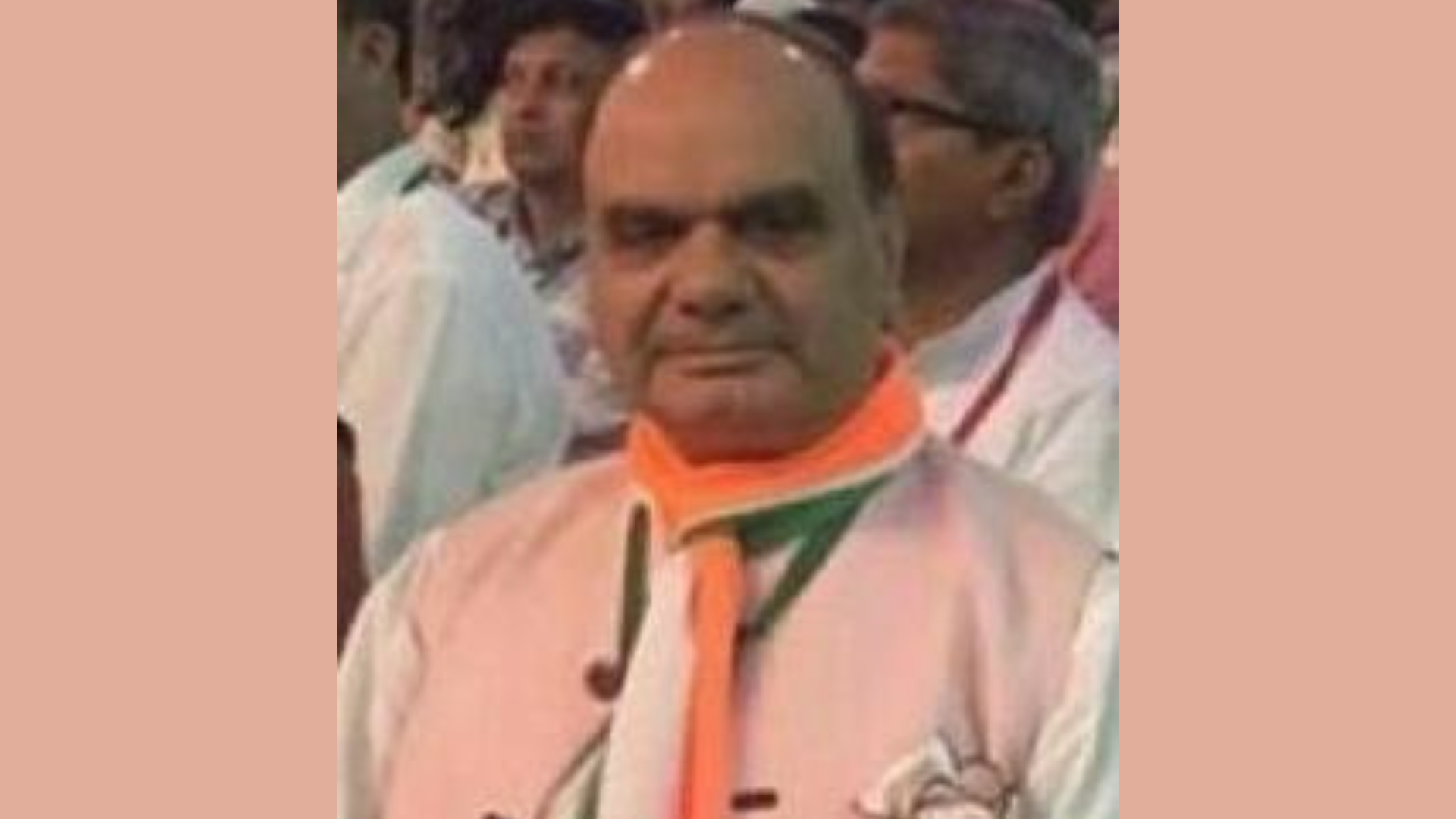
The theme of the Republic Day 2024 parade centering around ‘Viksit Bharat’ and ‘Bharat – Loktantra ki Matruka,’ highlighting India’s role as a nurturer of democracy. French President Emmanuel Macron serves as the Chief Guest for the Republic Day 2024 Parade is befitting tribute to the 75th Republic Day as it is this European country that fathered the idea of idea of modern democracy as a form of government for the people and by the people.
This day fills every Indian heart with immense pride and joy, marking the transition to a sovereign, democratic, and republican state on January 26, 1950. It signifies the end of a hard-fought struggle for independence and the dawn of a new era characterized by hope, equality, and justice.
Republic Day embodies the core principles of our nation – justice, liberty, equality, and fraternity. It reminds us of the sacrifices made by our freedom fighters and our duty to uphold the democratic ideals they fought for. As we celebrate, we reflect on our nation’s progress and the challenges ahead.
India’s strength lies in its diversity, and Republic Day celebrates the harmonious coexistence of various cultures, languages, and traditions within our borders. It renews our commitment to unity in diversity and the pluralistic ethos that defines our nation.
On this momentous occasion, it is imperative that we honor their sacrifices by keeping their memories alive in our thoughts and hearts.
The historic birth of the Indian Republic was heralded by a salute of 21 guns and the unfurling of the Indian National Flag by Dr. Rajendra Prasad. Subsequently, January 26th was declared a national holiday and recognized as Republic Day, marking the date when the Constitution of India came into effect in 1950.
Republic Day is a day of profound importance, celebrating the transformation of India from a dominion under British rule to a sovereign republic. The Indian Constituent Assembly adopted the constitution on November 26, 1949, and it officially took effect on January 26, 1950, replacing the Government of India Act 1935.
The significance of January 26th is further rooted in history, as it was on this day in 1930 that the Declaration of Indian Independence was proclaimed by the Indian National Congress.
India had achieved independence from the British Raj on August 15, 1947, through the Indian Independence Act 1947. However, it was a constitutional monarchy at the time, with King George VI as the head of state and Lord Mountbatten as the governor-general. The nation did not yet have a permanent constitution, relying instead on the modified colonial Government of India Act 1935.
On August 29, 1947, a Drafting Committee, chaired by Dr. B.R. Ambedkar, was appointed to draft a permanent constitution. After extensive deliberations and amendments, the Constituent Assembly signed the document on January 24, 1950, with it coming into effect nationwide on January 26, 1950.
While Independence Day celebrates India’s freedom from British rule, Republic Day commemorates the enforcement of its constitution. On this day, Dr. Rajendra Prasad commenced his first term as the President of the Indian Union, and the Constituent Assembly transitioned into the Parliament of India under the new Constitution.
In his final speech to the Constituent Assembly on November 25, 1949, Dr. Ambedkar reflected on the challenges and contradictions India would face after January 26, 1950. He emphasized the need to address social and economic inequalities to safeguard political democracy.
While we celebrate our achievements, we must also acknowledge the persistent challenges of poverty, illiteracy, and inequality. Internal divisions and global uncertainties test our strength, but we draw inspiration from the resilience of our democracy and those who endured colonial oppression.
As a republic, it is our duty to address social inequality, economic disparity, and environmental sustainability. Each of us must contribute to our nation’s progress and work towards a more inclusive and equitable society.
Let us honor the ideals of our Constitution and rededicate ourselves to serving our country. As we look to the future, let us strive to build a nation where every citizen can live with dignity, freedom, and opportunity.
In the words of Dr. Ambedkar, “Constitution is not a mere lawyer’s document; it is a vehicle of Life, and its spirit is always the spirit of Age.” He also emphasized the importance of a just and compassionate society.
I like the religion that teaches liberty, equality and fraternity.”
“Our difficulty is not about the ultimate future. Our difficulty is how to make the heterogeneous mass that we have to-day take a decision in common and march on the way which leads us to unity. Our difficulty is not with regard to the ultimate, our difficulty is with regard to the beginning”.
Jawaharlal Nehru, the man at the helm of the nation, acknowledged the need for a sound yet flexible constitution. He believed that our Constitution should evolve to facilitate socialist & equitable policy and planning to ensure the well-being of all the citizens.
Pt Nehru said :The first task is to free INDIA through a new Constitution,to feed the starving people,to clothe the naked masses and give every Indian the fullest opportunity to develop himself according his capacity.
The objective resolution said; India would become modern,yet remain Indian.With her social revolution underway,yet with her identity preserved.India would take her rightful and honoured place in the world and would make her full and willing contribution to the promotion of world peace and the welfare of mankind.
Ashok Bhan
Senior Advocate,
Supreme Court of India
Distinguished fellow USI And;
Chairman Kashmir(policy & Strategy) Group